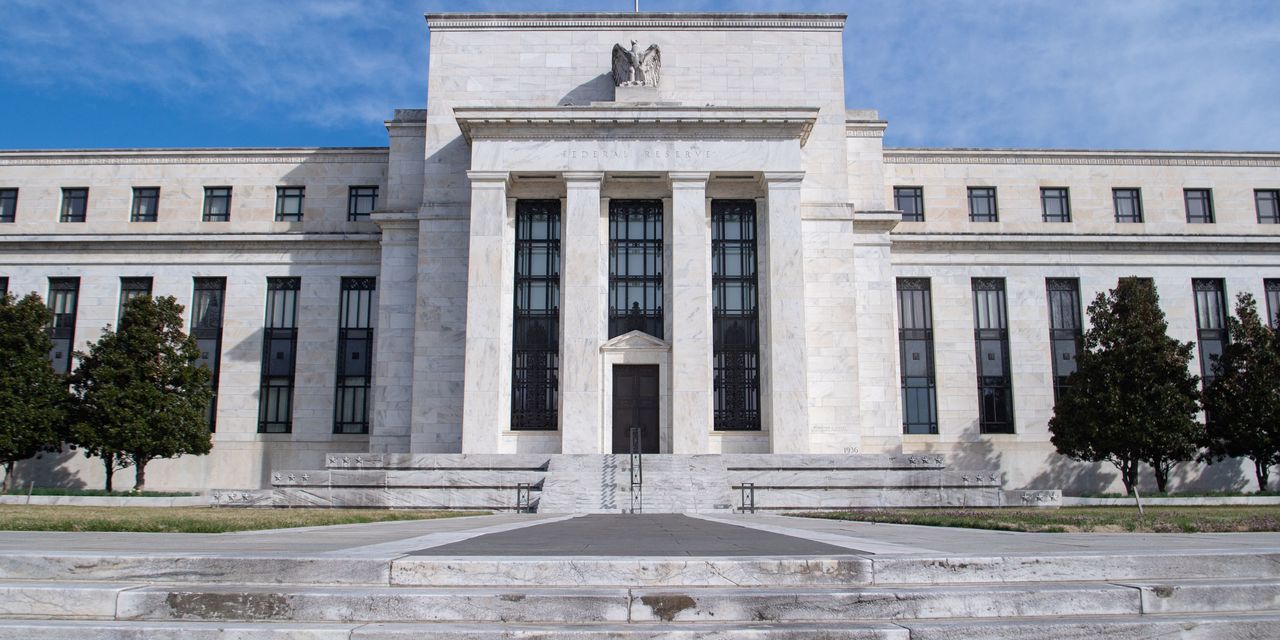Federal Reserve officials are pushing back on investors' mounting concerns that the U.S. central bank's aggressive campaign to counter high inflation is setting the stage for a market crack-up.
Central bankers' confidence is countered by wide-ranging fears among market participants who see bond market liquidity strains, damaging asset price declines as well as a range of problems in markets abroad. Some see this landscape as dire enough to call for the Fed to slow or even consider stopping its interest rate increases, something officials have so far shown no appetite for as they contend with the worst inflation surge in 40 years.
"We have to be monitoring things in the financial markets, and we have to be looking for vulnerabilities as you're increasing rates," Cleveland Fed President Loretta Mester told reporters on Tuesday, especially in an environment where all the world's major central bankers are moving in the same direction toward tighter monetary policy.
"That's when these vulnerabilities that you don't necessarily see in normal times, and you're not changing rates, can come out," Mester said. But as things now stand, "I don't see hidden big pending risks out there" and "there's no evidence disorderly market functioning is going on at present.".
"Global markets are increasingly showing signs of instability," said Roberto Perli, head of global policy research at Piper Sandler. "The most prominent example is the U.K., where the Bank of England has already been forced to intervene to shore up pension funds, but creaks are showing up in Europe, (emerging markets), and in the U.S. as well."
Tobias Adrian, the International Monetary Fund's monetary and capital markets director,wrote on Tuesday that financial stability risks have risen "substantially." Adrian, who used to work at the New York Fed, flagged mounting signs of trouble for global government debt markets at a time when borrowing levels are high. Risk-taking is also on the decline and thin markets run the risk of propagating any shocks that should arise, Adrian said.
What's more, the pressure on markets may get even more pronounced as major central banks continue to make the cost of credit more expensive.










